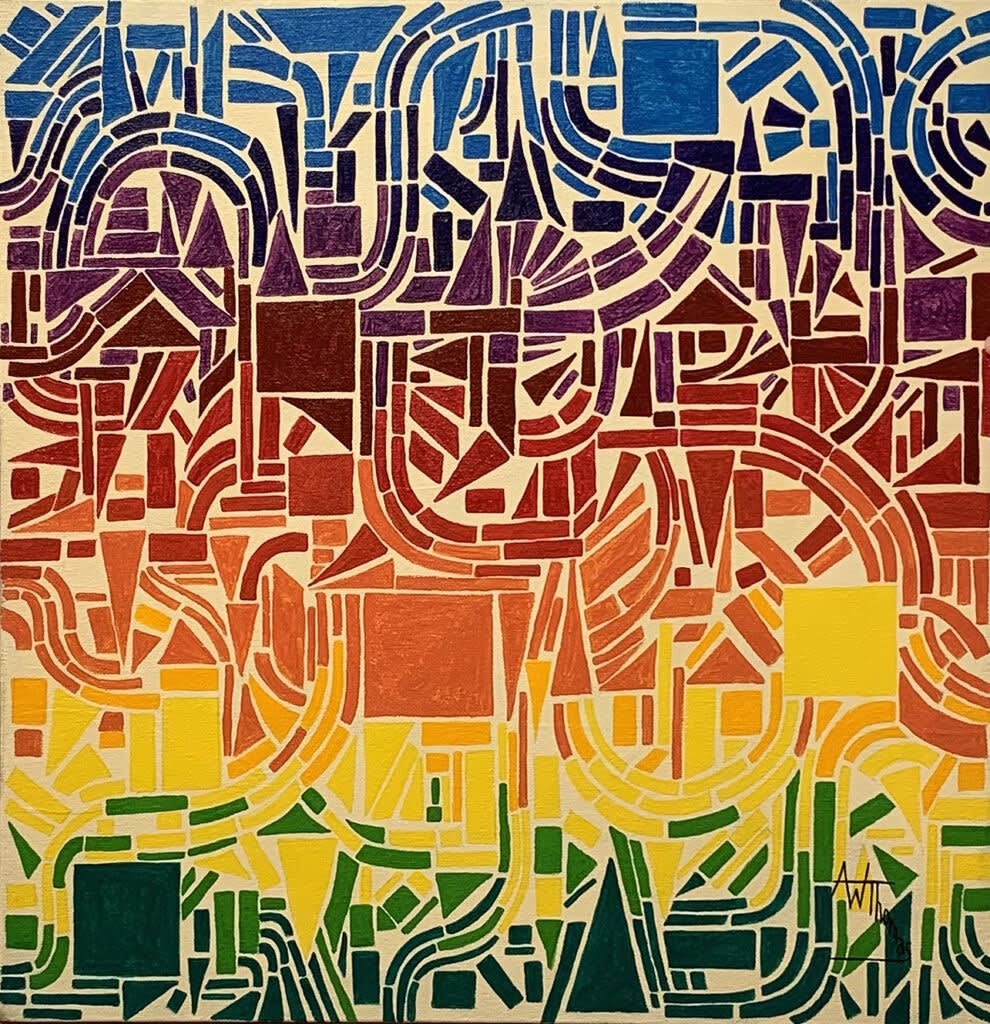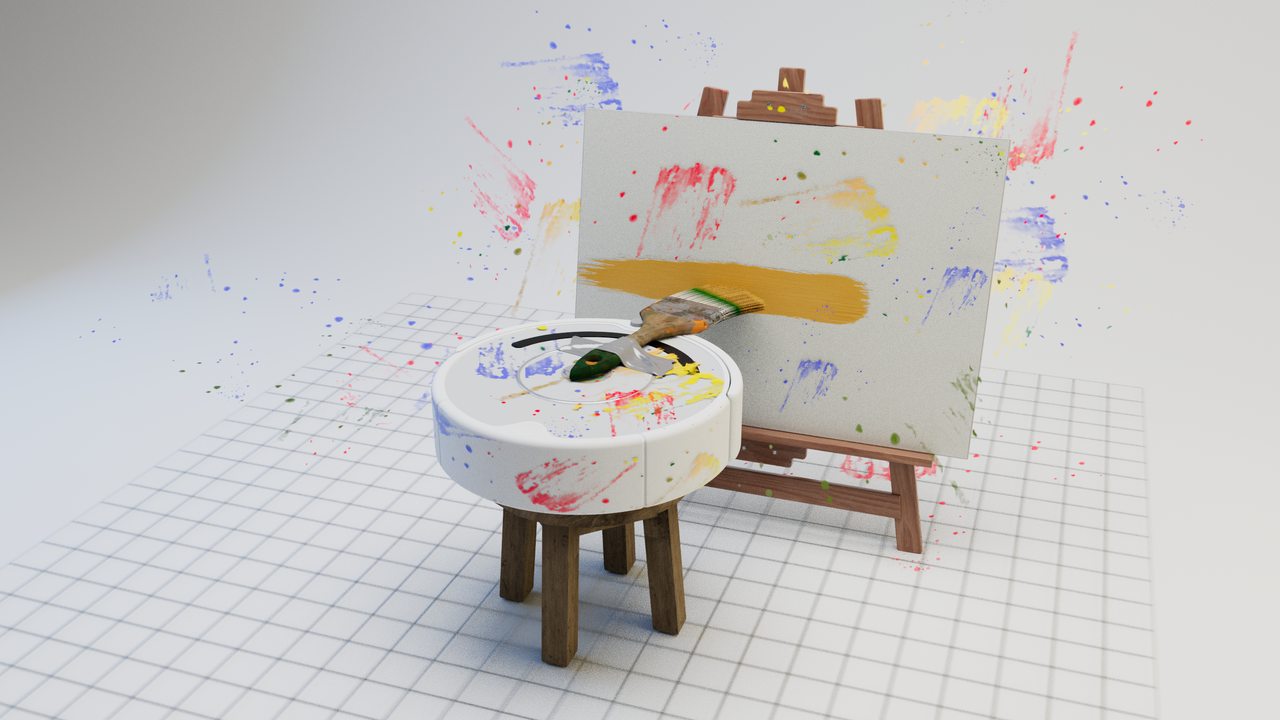AI is making art right now
I think that really depends how you define art…which I think is the point of the article.
it’s beautiful and I like it. Good enough for me.
A thought provoking work that conveys a strong emotion or sense.
As there are many AI images that involve a sense of beauty, disgust, wonder, hatred, or intrigue; yes.
AI is creating art.
Any definition that tries to exclude AI art must jump through hoops to explain why the restriction doesn’t also apply to traditional works. And if your definition has to twist itself and constantly make exceptions, then it’s just a poor definition.
Your interpretation of what is art is based on the perspective of the viewer. The article seems to be defining it more in the context of the creating and the intentions/choices behind the creation. Both are valid.
If AI generated images are art, then a naturally occurring crystal cave that elicits a sense of awe is also art. Maybe that’s true, I just think it has more to do with how you define art than some objective reality of what is ‘art’.
But there’s still a human behind the wheel. AI hasn’t gone rogue and is creating stuff 100% autonomously. Someone still has to give it prompts and make various tweaks to get it to generate the image they want. There is still human intentions and choices being made.
That’s what I mean by definitions that try to exclude AI art fall flat, because AI is a tool. Nothing more. We don’t dismiss digital artists for not using ink or paint. We don’t say people who create impressive 3D printed works aren’t being creative because they aren’t using a hammer and chisel. People have access to digital instruments and can create whole songs by mixing them from their phone, we don’t claim it’s not music.
AI is a tool. An actual human person prompts it and manipulates it to create a work. It’s infinitely faster than previous methods of creating art, and takes a hell of a lot less training and experience, but it’s still art. For better or worse, it’s still humans sharing their intentions, thoughts, and emotions with the world.
I largely agree. Whether or not something “is art” is almost entirely subjective. But I can literally tell an LMM to “make an art” without any actual direction and it will make something. Does that make it less a work of art? It kind of feels like it to me. But if I ask that 50 times and then pick the one I like best, does that change it’s artistic ‘value’? I can collect a pile of rocks I think look cool and the collection could certainly be considered artistic, and collages are a thing, so there is certainly a lot of gray area there.
I like to think of art as more an activity that an object. If I experience it and it makes me feel things, it is art. If I create something based on my internal feelings, it is art. Maybe art is just the feelings we generate along the way?
No, people using AI are making art right now. You just can’t tell an LLM: “Hey, make an art!”
Actually you can. That’s exactly how stable diffusion works.
That is not ‘art’; that is Borg slop cobbled together from the mass-stolen, mashed regurgitate of hundreds of thousands, if not millions of independent artists. Your AI slop is taking money out of the pockets of millions of independent artists, writers, and musicians the world over. Your AI slop is anti-social.
Silicon Valley will not save you after it’s rifled all of our pockets.
all this is under the assumption that ai will only remain as text to imagine generator and their whole argument is that artist makes a lot of choises and you can’t add all that choises in a limited prompt length now what if the context length of future ai systems become big enough that someone who is not artist can also do all the choises? i mean artists are human they have limit on human capability they can only make some choises, but ai is math equation there is no limit, in current day we have context length limitations purely because of compute limitations and that’s not a fundamental problem of ai.
If an artist picks specific prompts to make an AI picture how is it not art? AI is a new type of paint artists can use 🤷
Almost like it’s a tool that humans can use
It would be if it wasn’t fruit of a poison tree of industrial mass-scale theft. Like, how the fuck is piracy wrong for us but these OpenAI and Microsoft cucks get to slide? Nah; I don’t accept this until either ethical models exist and are the enforced mainstream, or until piracy is no longer prosecuted
There’s a Douglas Hofstadter book, Le Ton Beau de Marot, which is all about the art of translation. Specifically one poem by Marot, translated over and over again.
In the book, he convincingly makes the case that translation always has choices that must be made, and in translating a poem, choices must be made about which parts of the original must be held strictly to and which are open to interpretation. Rhyme, meter, structure, tone, etc.
It’s a fascinating book, really.
So is the art the product or the intentional process? That’s the core question here.
Because computers can and do translate, and there are choices made along the way.
Are those choices made? Are they made with intent?
And if they are, does that intent qualify as artistic?
It’s a neat question and not easily discarded.
We had a similar issue a few years back. Who owns a macaque’s photography? Are they the artist, or the person who gave them a camera?




